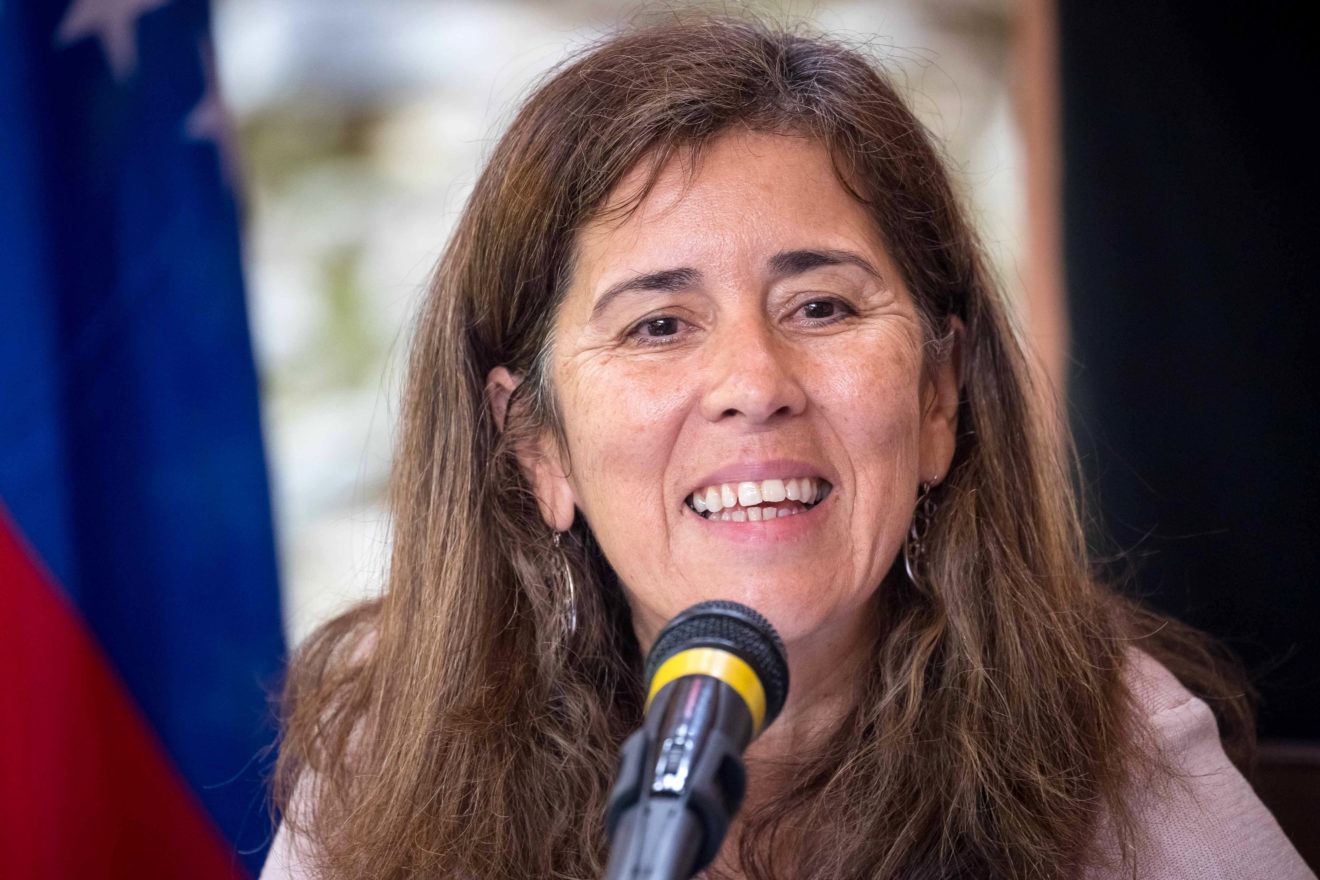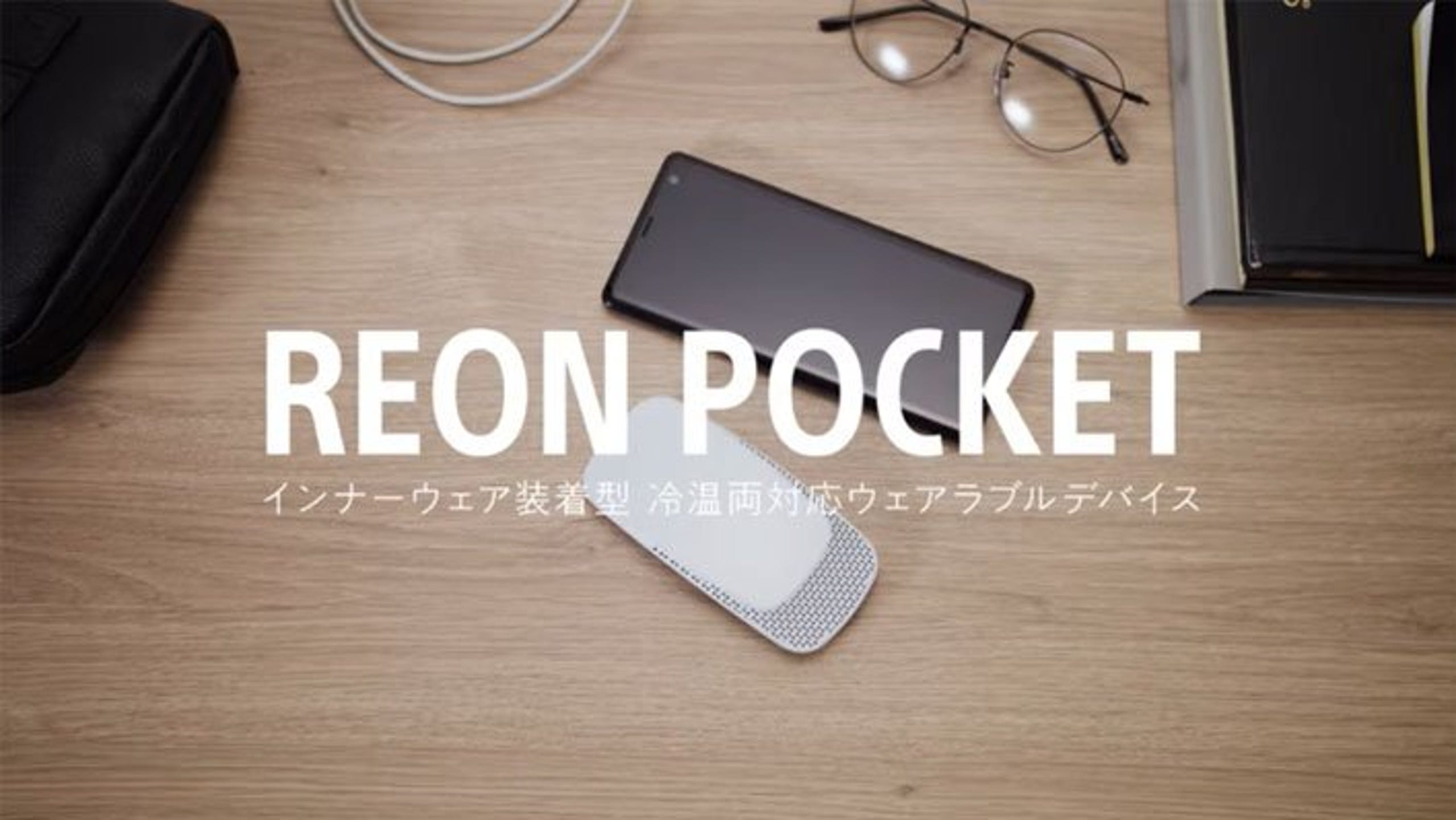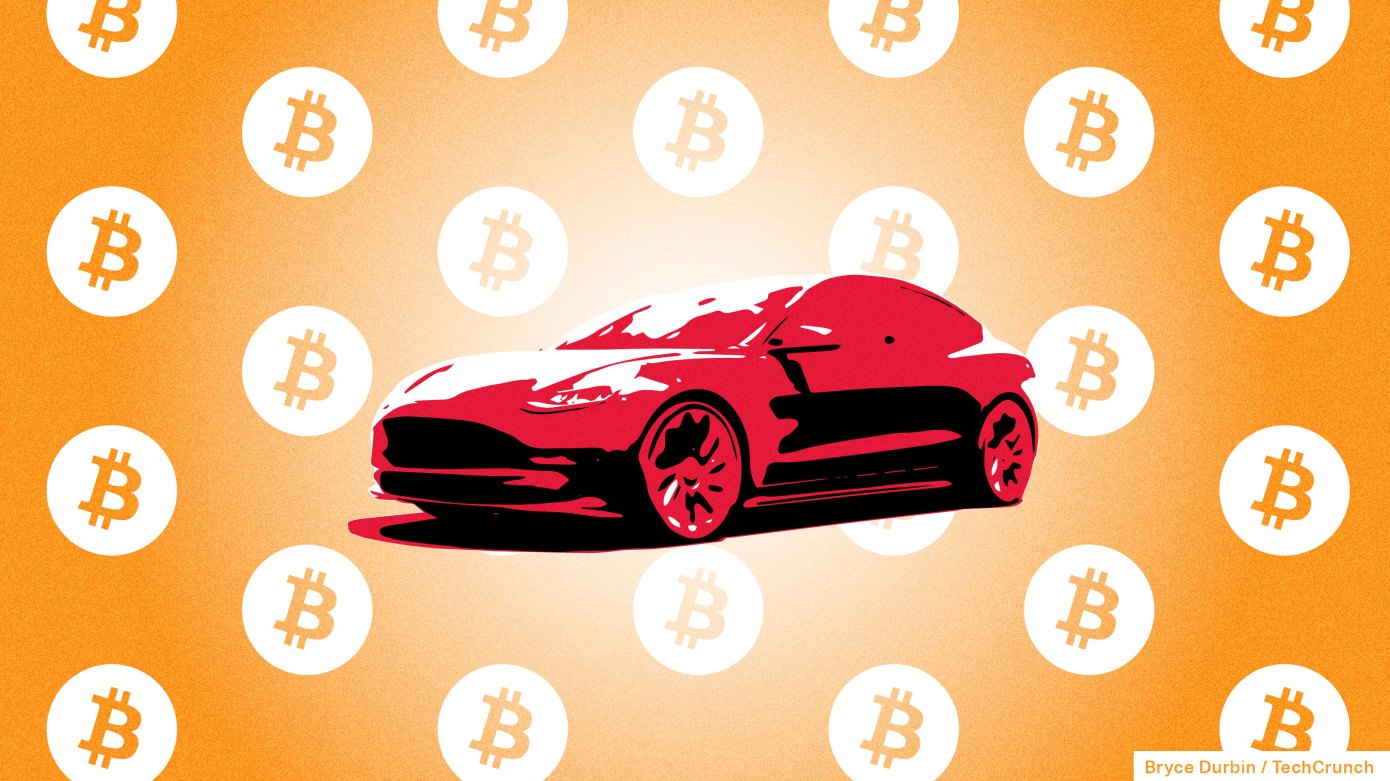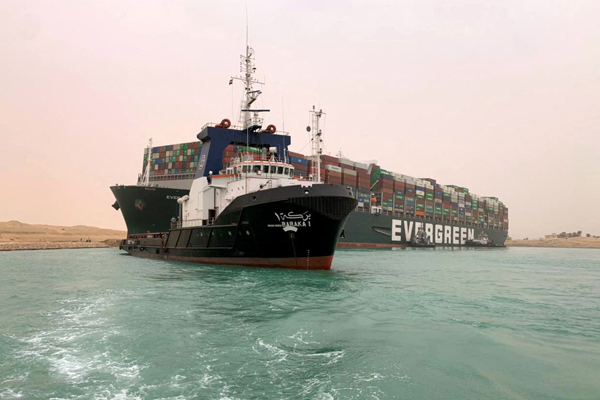
The Venezuelan government declared the European Union (EU) ambassador in the country, the Portuguese Isabel Brilhante, persona non grata on Wednesday and gave her 72 hours to leave the South American country, in response to the sanctions approved by the community bloc against 19 officials.
The Venezuelan Minister of Foreign Affairs, Jorge Arreaza, delivered the document to Brilhante at the headquarters of the Ministry of Foreign Affairs, after the Legislature summoned the Executive to take this measure considering that the EU is interfering in internal affairs.
“Today, by decision of President Nicolás Maduro, we have handed over to Mrs. Isabel Brilhante (…) the declaration as persona non grata (…) She has been given a period of 72 hours to leave the territory Venezuelan, “Arreaza said after meeting with the diplomat.
The foreign minister held a private meeting with Brilhante that lasted about an hour and that served for him, he said, to explain “the disrespect for the Constitution” that the European sanctions against high authorities of Venezuela entail.
“We have called the attention (of the EU), hopefully there will be a calm evaluation (…) that they carry out a process of reflective analysis, that they can put down these interfering and arrogant attitudes,” the foreign minister continued.
Arreaza also hopes that the European bloc “will cease to be an appendage of the dominant elite”, alluding to the United States and that it will “learn to respect independent countries.”
However, he affirmed that he is hopeful that in the future they can “rebuild the bridges of understanding and dialogue” between Venezuela and the EU, which, he added, has approved 55 packages of economic sanctions in recent years.
EU response
“The European Union deeply regrets this decision, which will only lead to a greater international isolation of Venezuela. We ask that this decision be reversed,” the spokesperson for the head of community diplomacy, Josep Borrell, told EL ESPAÑOL.
“Venezuela will only overcome the current crisis through negotiation and dialogue, to which the EU is fully committed, but which this decision directly undermines,” the spokeswoman said.
Chavista assembly
The National Assembly (AN, Parliament), with a clear Chavista majority, had approved an agreement the day before requesting Maduro to expel Brilhante in response to the sanctions approved, which include several deputies.
Said agreement also exhorted the Executive to “declare Brilhante persona non grata” and requested that the operation agreement be “reviewed by which it authorized the opening” of the EU office in Venezuela.
On June 29, 2020, Maduro already ordered Brilhante to leave the country, a decision he reversed on July 2, hoping that the decision would facilitate dialogue between the EU and Venezuela.
On that occasion, the bloc had also proposed sanctions against several Venezuelan leaders.
EU Ambassador to Cuba
Also this Tuesday, the PP Delegation in the European Parliament has asked the EU to dismiss the community ambassador in Havana, Alberto Navarro, for having positioned himself with the latest actions of him together with the Castro regime.
In a letter sent to the High Representative for Foreign Policy of the EU, Josep Borrell, by several MEPs from the PP and the European People’s Group – and also signed by members of other groups such as Renew and ECR -, the recent sending of Navarro of a letter to the new US president, Joe Biden, in which he requests that the US embargo on the island be lifted.
This, as the MEPs explain in their letter to Borrell, “constitutes a serious fact in a totally unfortunate and erratic line of action on what should be the defense of our interests and values as a union of democratic states and of law.”
MEPs describe Navarro’s letter to Biden as “one more act in the long list of grievances that Ambassador Navarro has inflicted on the European Parliament.”
Navarro, with a long diplomatic career, was Secretary of State for the EU in the Government of José Luis Rodríguez Zapatero in 2004.









